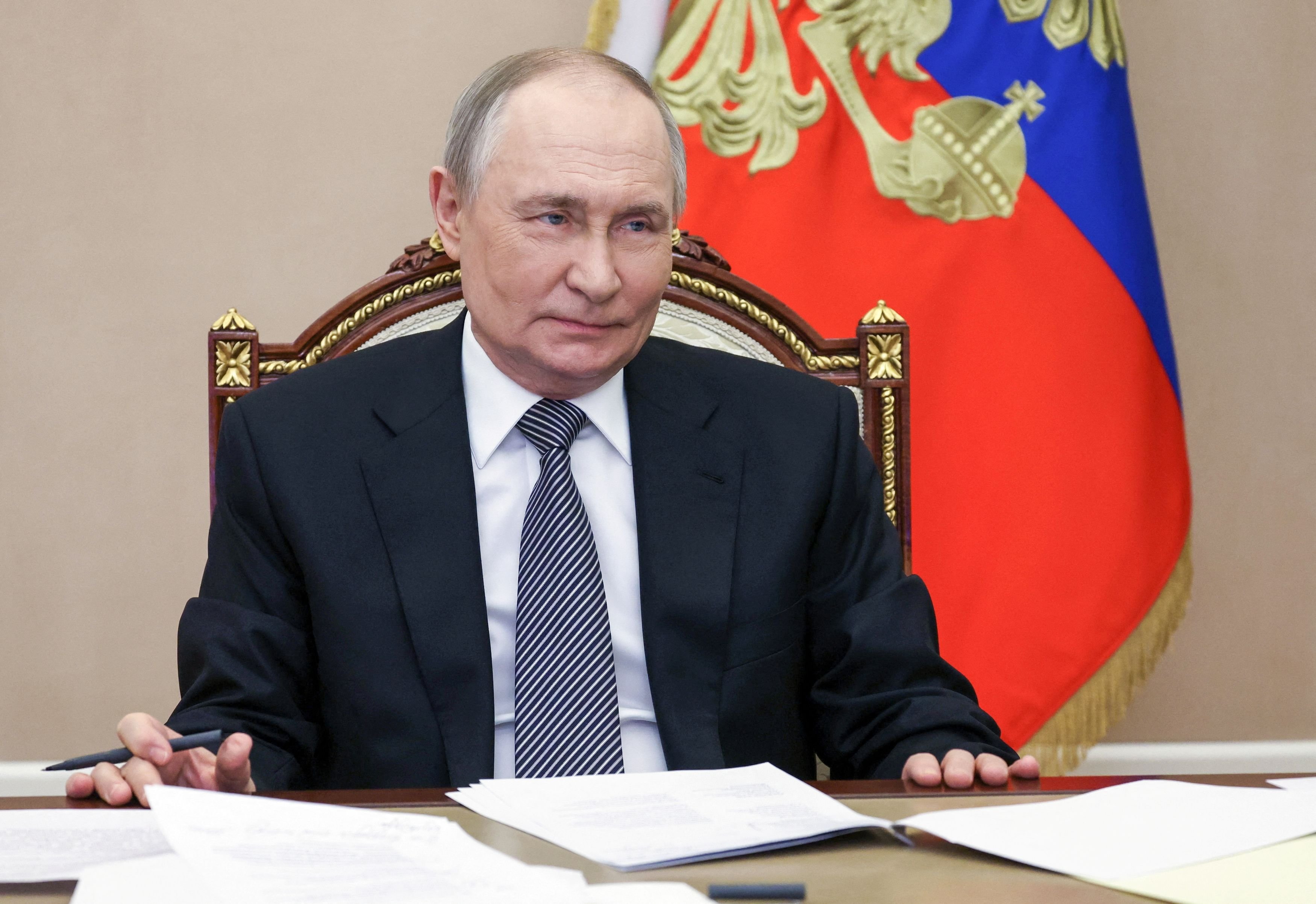
In the late 1960s, during my OE in the UK, I worked for an engineering company in Croydon. This was during the Cold War and our shop foreman and I were talking about the Russian threat, when he said he wanted to show me something.
He went behind one of the furnaces and came back with a begrimed enamel badge inscribed with the words, "Good old Joe". He explained that "Joe" referred to Joseph Stalin and the badges had been handed out to encourage support for Britain’s vital Russian ally in the war against Nazi Germany.
He added that the Russians were "our mates" during the war and that, within weeks of the victory over Nazi Germany, they were reframed as our mortal enemy.
He was a thinking man, whose patient tuition made a better tradesman of me, and his words came back after the 2014 Maidan Revolution in Ukraine (or Maidan Coup, depending on one’s opinion).
Before the Maidan "Revolution", Ukraine was almost universally regarded as a very corrupt, post-Soviet oligarchy. Within weeks of the "revolution" the mainstream media and Western governments began to reframe the Ukrainians as the white knights of democracy in the battle against those not-too-bright Russians and their evil leader, Vladimir Putin.
Yet, from academics, military people, diplomats and savvy politicians came warnings that things were not what they seemed.
Going on to work in Germany and to study German, among other things, back in New Zealand I habitually follow news and opinion in the German language media. German media coverage of Ukraine has been considerably more nuanced than the "Putin-bad, Zelenskyy-good" orthodoxy that is the point of departure for most Western media, including our own.
Former German chancellor Angela Merkel recently reacted in the German media to being labelled a "Putinversteher". This means Putin-understander, but the connotation is that she, and others like her, are treacherous Russian sympathisers. Her position is that this kind of derogatory labelling is intended to kill off any informed discussion that might lead to peace and co-operation with Russia.
So, risking being labelled as a Russian-sympathiser, I would like to ask why we hate the Russians so easily and to what degree it is justified.
To start with, it isn’t a new thing. When I was in my early teens, my mates and I would take the ferry from Lyttelton to Diamond Harbour and walk around the bays to dive for paua and crayfish. We might, occasionally, stop at the Ripapa Island fort and explore the deeply imbedded gun emplacements with their massive canons.
This construction dates to 1886 and was one of many built to defend New Zealand against a feared Russian invasion. So, as a youngster, the Russian threat was part of my cultural mythology. Little wonder that my old foreman in the UK sought to gently make me aware that our relationship with the Russians might not be as simple as I thought.
Like it or not, we carry a lot of British imperial material in our cultural DNA. In the 19th century, imperial Russia and imperial Britain were the great rivals of the time. They competed for control in Afghanistan, Persia (now Iran) and even in Tibet, not to mention the Crimean War. Both were carving out empires that rubbed up against each other and the rivalry was often both intense and violent.
Not much remains of the British Empire, but the Russian Empire has survived, evolved and has the potential to prosper as a federation of shared interests.
The quote "When goods don’t cross borders, soldiers will", attributed to the 19th century economist Frederik Bastiat, is prophetic when we look at Western relations with Russia in more modern times. Sanctioning is the modern equivalent of blockading economic rivals by stopping trade with gunboats and the Russian army is now, consequently, across the border.
It’s surprising how long Russia has been under blockade by this means. It began as an attempt to deprive the Soviets of raw materials, finance and technology shortly after World War 2 and I remember President Reagan, in 1981, explicitly attempting to stop Russian goods, in the form of gas and oil, being traded into Europe in exchange for hard cash.
The closing of the gas pipelines from Russia has impacted all European economies negatively, especially Germany’s, and if the Europeans pick up the expense of a protracted Ukrainian active or frozen war, it can be seen as a win for the US.
And the Russians? It hasn’t been widely reported in our media, but they’ve made it very clear that they’ve had enough of what they see as Western duplicity and they’ve backed it up technologically, militarily, economically, socially and diplomatically with predictable success — even if former president Biden’s non-military advisers didn’t see it coming.
So we might, as a nation, be well advised to ignore our inherited Russophobia and consider carefully where our own advantage lies. If the Russians are our natural enemy, then we need to be "Putinversteher".
To paraphrase the ancient Chinese military philosopher, Sun Tzu, we need to know our enemy and to know ourselves to steer a course through the current shift in the balance of geopolitical power.
■Glen Morgan is a retired teacher.










